OUR EQUIPMENT
In China, we currently have 38,636.22 square meters of manufacturing and warehouse space. To best serve our customers, our manufacturing facilities will feature more expand work centers. We are proud to be ISO 9001, AS9100 and PED2014/68/EU Quality Certified. We offer a comprehensive stock inventory of titanium, and titanium alloy products. A full selection of processes including hot rolling, cold rolling, heat treatment, straightness and surface treatment allows us to meet a variety of customer needs.
Chemical Composition
Chemical Analysis
Chemical analysis refers to the method of determining the chemical composition. Through composition analysis, we can confirm whether the composition of the material meets the requirements, and make precise technical adjustments to the production process to meet more stringent requirements.
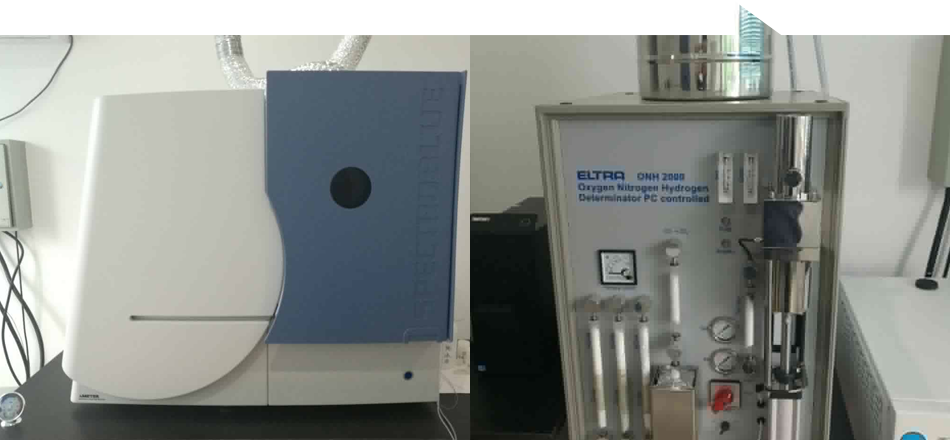
Metallographic Laboratory
Microstructure
The metallographic laboratory can detect the internal structure of metal materials, which can only be observed under a microscope. Through metallographic analysis, it is possible to identify the structure and grain size rating after various cold and hot processing treatments, and verify the accuracy of the production process. It can also identify internal defects or inclusions and judge the stability and uniformity of the material composition.
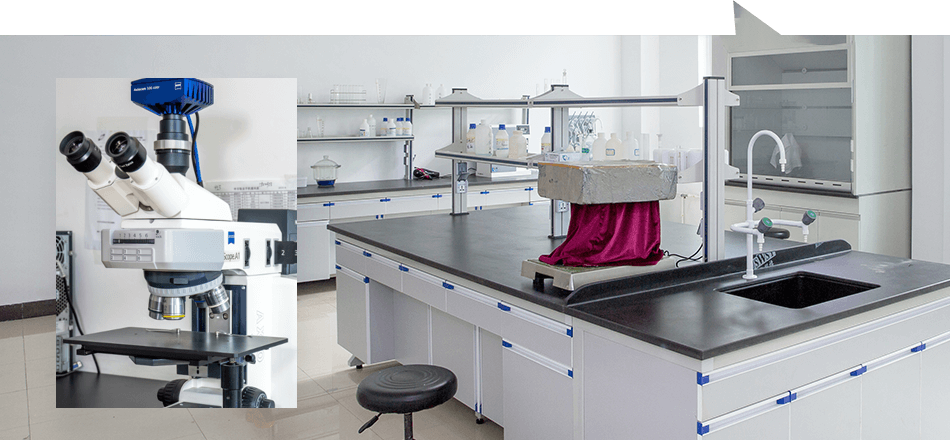
Vacuum Annealing Furnace
Vacuum Annealing Furnace
Titanium has a relatively strong affinity with gases at high temperatures and will form a dense oxide film, which is difficult to treat. Vacuum annealing can prevent the oxidation reaction of titanium, and make the titanium clean and pollution-free.
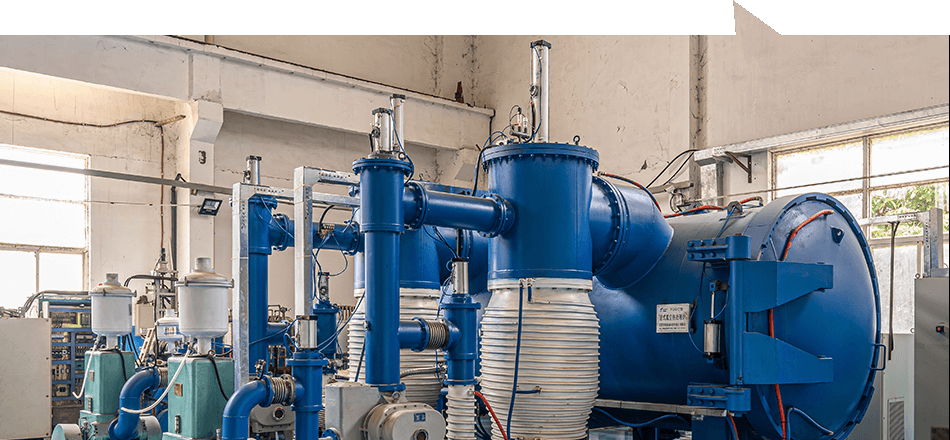
Cold Rolling
Cold Rolling Machine
Cold rolling process is to roll the materials at room temperature. The difference from hot rolling is that cold rolling does not require heating of the materials and there will be no oxide on the surface. Without the oxide, the surface will be smoother, and at the same time, because the roller is not affected by oxide scale, the surface is not easy to become rough, which also ensures the smoothness of sheets.
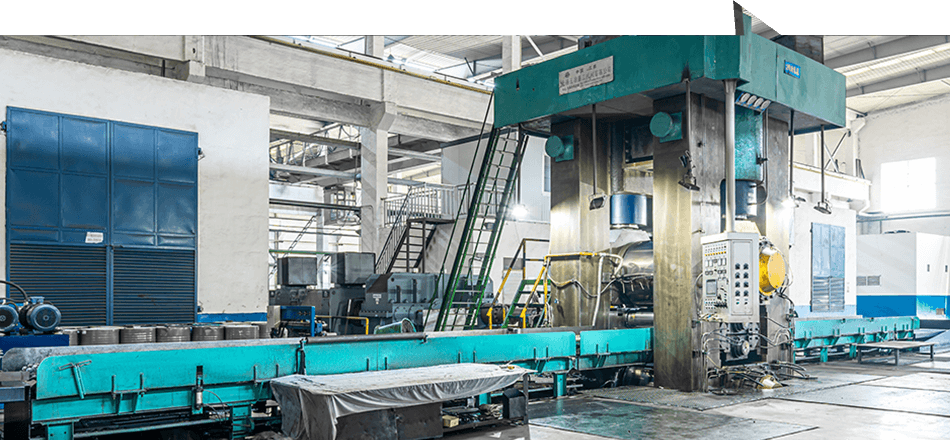
Vacuum Plasma
Vacuum Plasma Welding Chamber
Plasma welding has the characteristics of concentrated energy, high productivity, fast welding speed, small stress and deformation, and stable electric isolation. The vacuum state avoids oxidation and prevents the increase of oxygen content during electrode welding. In response to this, our vacuum plasma welding chamber can complete the butt welding of electrodes efficiently and without pollution.
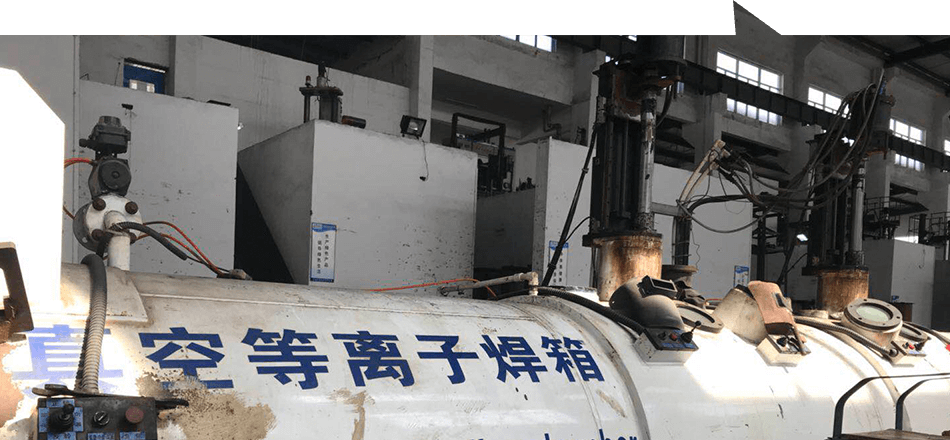
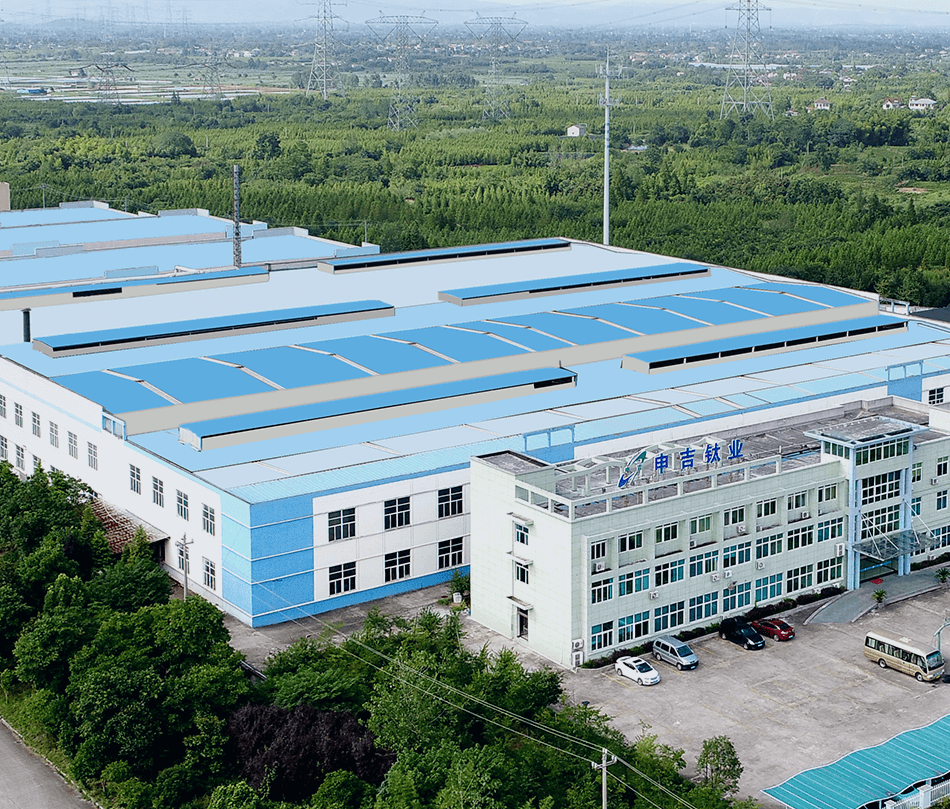
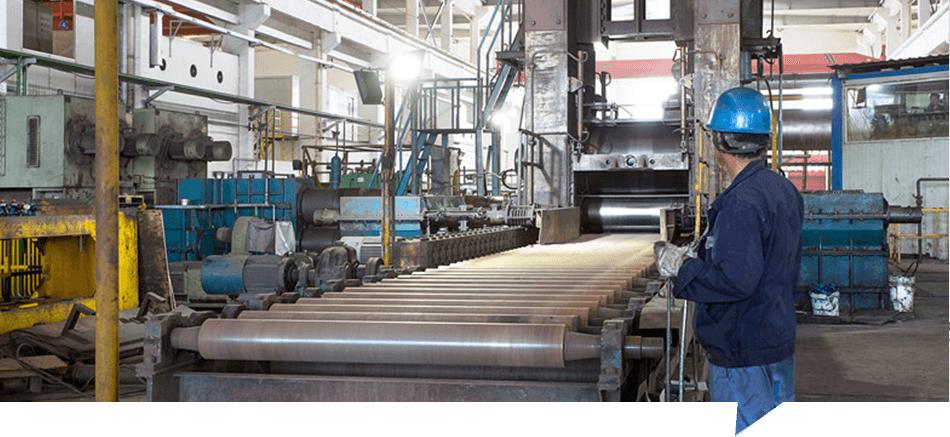
Hot Rolling
Hot Rolling Machine
Hot rolling equipment can significantly reduce energy consumption and reduce costs. During hot rolling, the metal has high plasticity and low deformation resistance, which greatly reduces the energy consumption of metal deformation. Hot rolling can improve the processing performance of metals and alloys. That is, the coarse grains in the as-cast state are broken and then reorganize into a fine and uniform equiaxed structure, thereby improving the processing performance of the alloy.
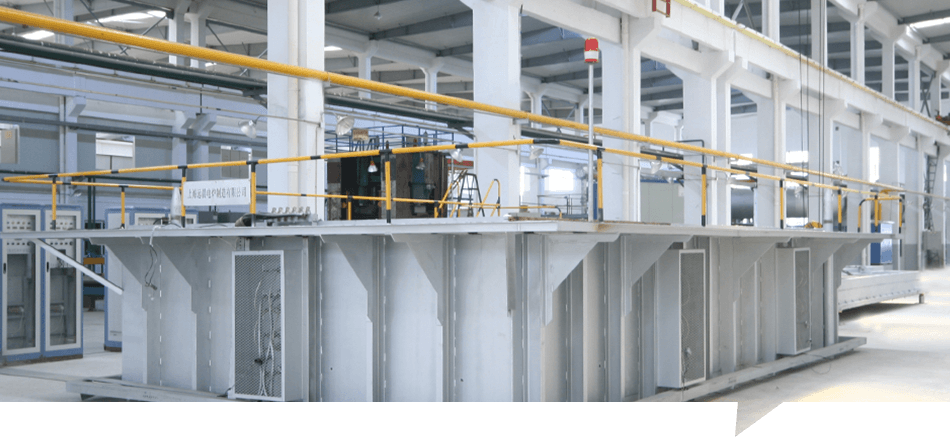
Straightness
Straightness Furface
We stack the titanium sheets/ plates neatly as per the sizes and specification into the straightness furnace, and cover the partition and steel plates on the top. We heat the straightness furnace to the specified certain temperature and keep it for a sufficient time to improve the flatness of sheets and plates. This treatment can effectively reduce the internal residual stress of the materials and make the residual stress distribution uniform, thereby ensuring the flatness of the plate.
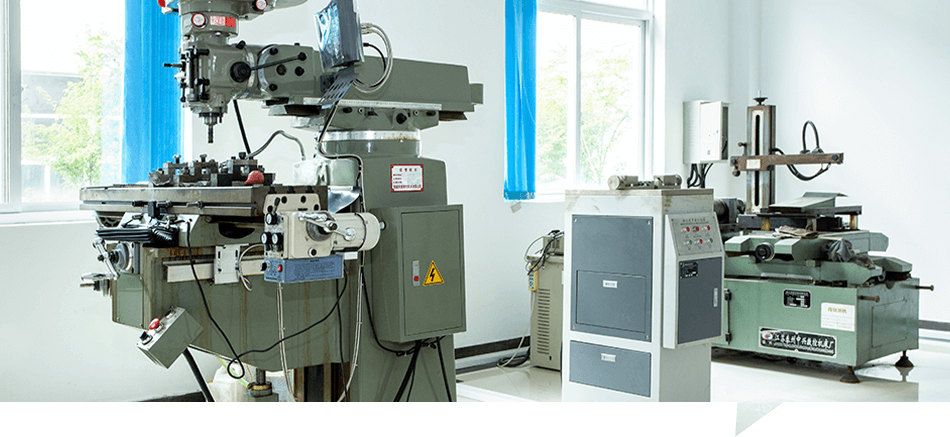
Sample Processing Center
Sample Preparation
In order to ensure the accuracy of laboratory test data, the samples we use for testing need to be pre-processed to ensure that the deviation of the test specimen is reduced to a minimum. Treatment methods include wire cutting, milling machine, lathe, grinding and polishing, cleaning, corrosion, etc.
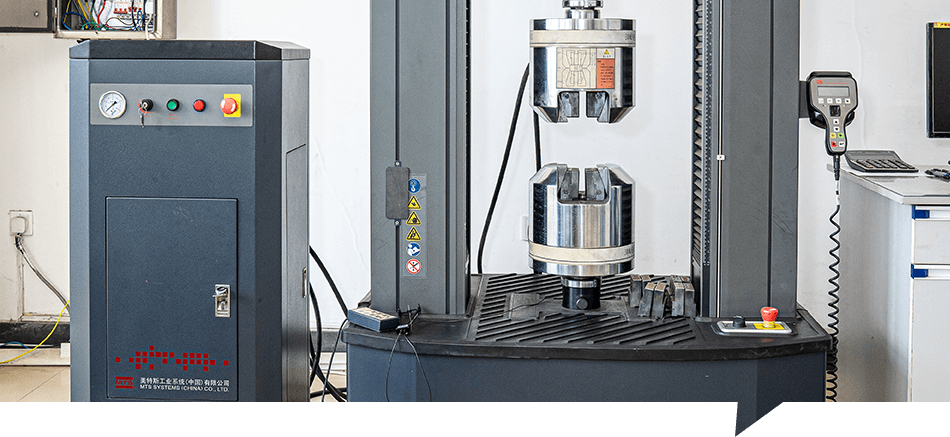
Tensile Testing
Tensile Testing Machine
The tensile testing machine is a combinated product of modern electronic technology and mechanical transmission technology. It is a large-scale precision testing instrument that makes full use of the respective advantages of electromechanics. It can stretch, compress, and bending, etc. It has the advantages of high precision, wide speed range, compact structure, convenient operation, stable performance, reliable work and high efficiency. It can display, record and print test data promptly.
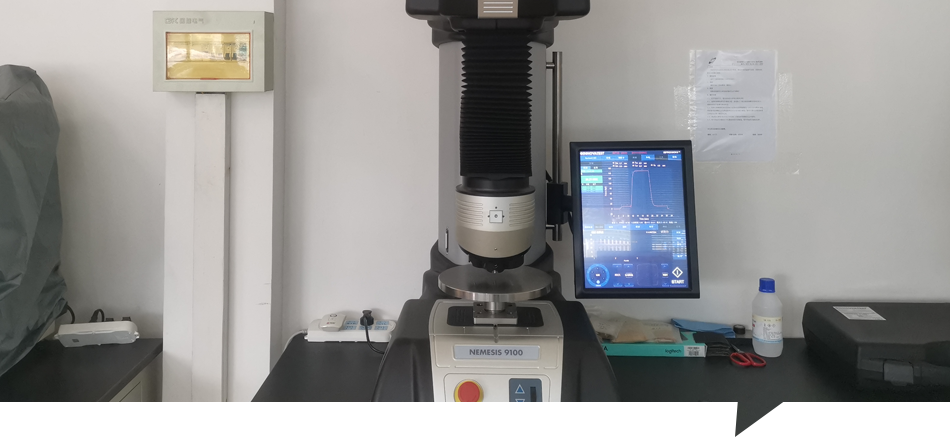
Hardness
Hardness Test
Hardness indicates the ability of a material to resist hard objects pressed into its surface. It is one of the important performance indicators of metal materials. Generally, the higher the hardness is, the better the wear resistance. The hardness test is the simplest and most feasible test method in the mechanical performance test. When other test data is not available, it can be used as a convenient method to analyse the material.
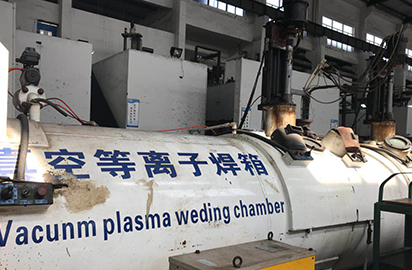
Melting Workshop
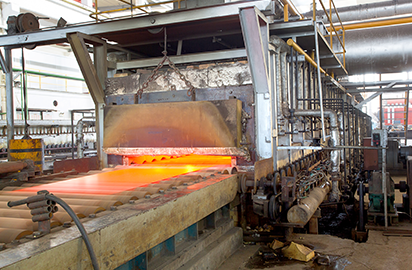
Hot Rolling Workshop
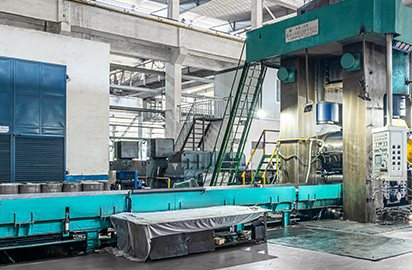
Cold Rolling Workshop
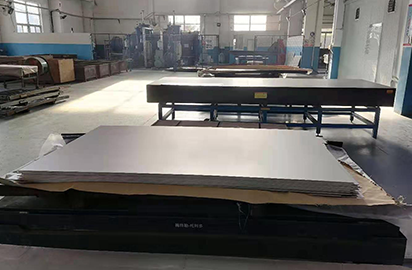
Quality Inspection Workshop
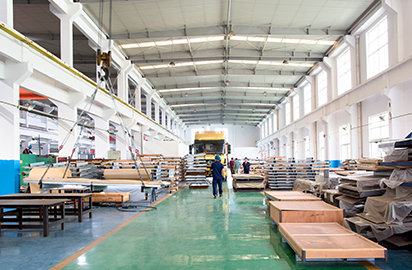
Packing Workshop